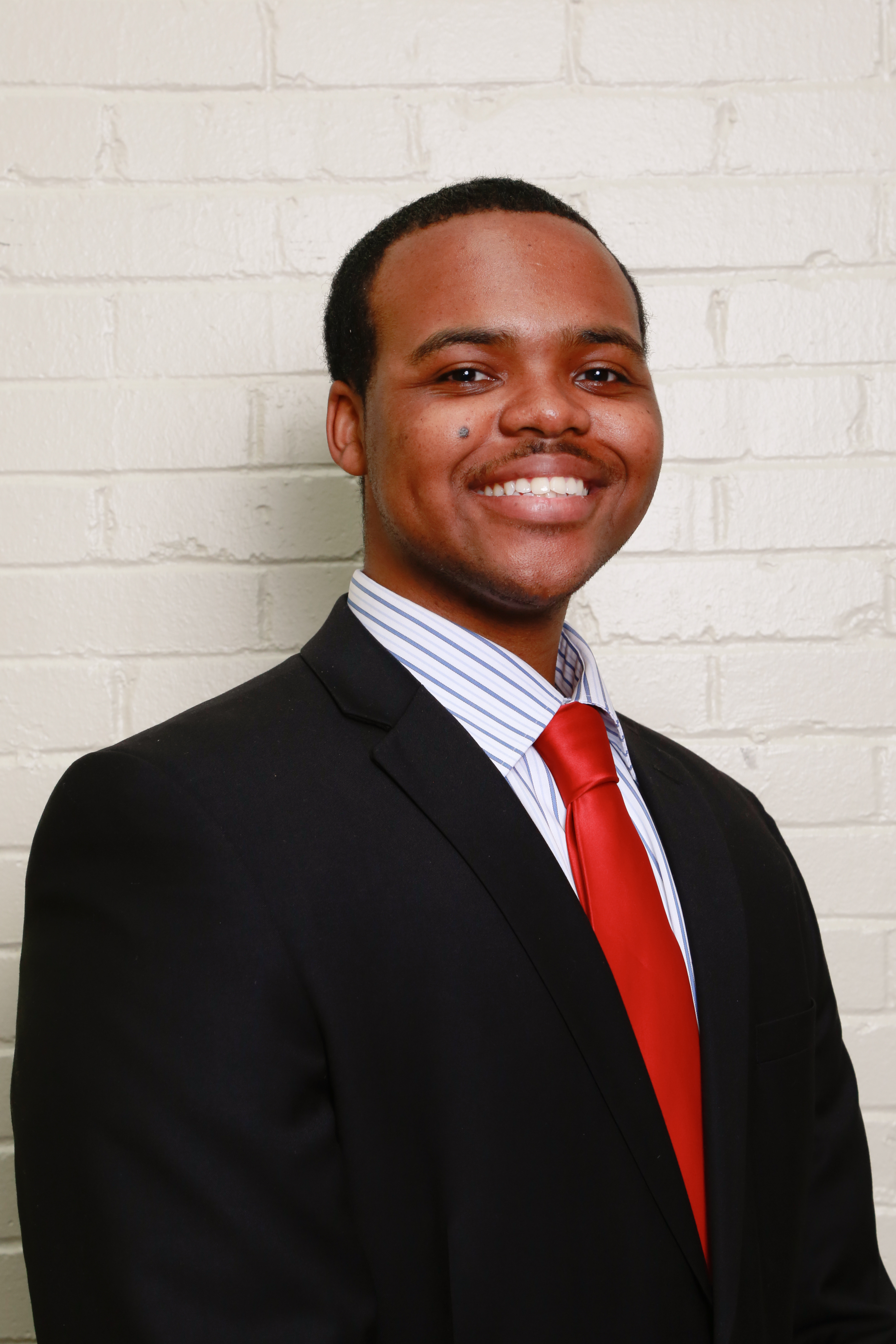
Kirsten Schmitz: Thanks again for connecting with us. We have a few biographical questions to set up some context. Where and what did you teach?
Kevin Matthews: I taught 7th grade math at Ann Richards Middle School in Dallas, TX.
Schmitz: How long did you teach?
Matthews: I taught for two years, from 2012 to 2014.
Schmitz: Can you tell us more about your decision to both enter and exit the classroom?
Matthews: I entered the classroom in 2012 with the belief that a great education was the "master key." With it, there is no door or opportunity that cannot be unlocked. I still believe in that ideal today. Currently, I am still the only four year college graduate in my family; that accomplishment has unlocked opportunities I didn't know existed for people who looked like me. Teaching was a chance to show others how to knock down barriers and carve out their own path to success.
My decision to leave the classroom however, was a difficult one. I still question if I've made the right decision. My choice to leave the classroom came down to one of education's primary causality dilemmas. Does education limit income or does income limit one's education?
It is likely some combination of both, but I ultimately sided with the wealth and income portion of the equation. I thought leaving the classroom to become a financial advisor would give me a better chance at helping people avoid massive student loan debt and create generational wealth.
Though I enjoy the privileges of helping families plan out their financial goals, I often find myself helping current and former teachers figure out how their pensions work and the best way to approach their retirement strategy. For all the amazing work teachers do to prepare students, we need to do a better job of helping teachers prepare for retirement by giving them pension options that fit today's economy.
Schmitz: Since you've left teaching, what did you do with your retirement account balance?
Matthews: I rolled my account balance into a Traditional IRA in the summer of 2015.
Schmitz: What do you wish you had known about your retirement benefits going into teaching? Or, is there any advice you'd like to pass along to future teachers?
Matthews: I really wish I had known what all my investment options were and for someone to explain the pension plan in context, without bias. When I started contributing to my retirement I was told I could only choose variable annuities, which can be expensive. It wasn't until my last year that I learned I had more investment options such as mutual funds which would have been more beneficial for my situation.
My biggest piece of advice for future teachers is to really sit down, take the time to understand your retirement benefits and how they'll affect you. If you're approached by an advisor on campus, do not make a decision after just one meeting. Give yourself enough time to do your research and work with someone who will walk you through it and explain how the pension works.
If you’re a teacher or former teacher who enjoys reading our work and would like to tell us your story, please contact us at: info@teacherpensions.org. We can't promise to interview everyone, but we are interested in hearing how state and local retirement systems impact the lives of individual teachers, whether you are early in your career, in the middle of it, nearing the end of a long career, or have transitioned out of teaching.
